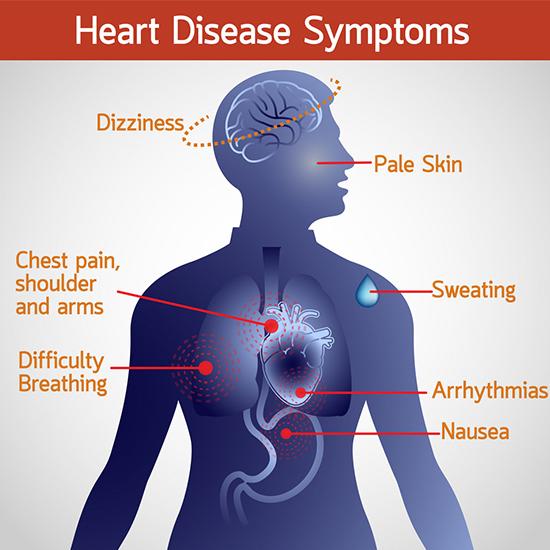As the golden years approach, the heart becomes more than just a symbol of life—it’s a delicate machinery requiring meticulous care. Cardiologists are sounding an urgent alarm about a seemingly innocent protein source that could be silently undermining the cardiovascular health of individuals over 60. This isn’t another wellness trend or diet fad, but a critical warning rooted in medical research and years of clinical observation. In a world where nutrition advice changes faster than smartphone models, this revelation stands out as a beacon of potentially life-saving insight. What is this mysterious protein that has heart specialists leaning forward with concern, their stethoscopes practically vibrating with urgency? Read on to uncover the dietary culprit that could be putting your most vital organ at risk.As we age, making informed dietary choices becomes crucial for maintaining heart health and overall well-being.While protein is an essential nutrient, not all sources are created equal, especially for individuals navigating their sixth decade of life.Red meat, particularly processed and high-fat varieties, has emerged as a significant concern for cardiologists when recommending nutrition strategies for seniors. Despite its protein-rich profile, this food group carries potential risks that can outweigh its nutritional benefits.
Excessive consumption of red meat has been linked to increased cardiovascular complications. The saturated fat content and cholesterol levels in these proteins can contribute to arterial plaque buildup, heightening the risk of heart disease, stroke, and other metabolic disorders. Moreover, processed meats like bacon, sausages, and deli cuts contain additional sodium and preservatives that can further stress the cardiovascular system.
Research consistently demonstrates that seniors who limit red meat intake experience improved heart health markers. Option protein sources such as fish, legumes, poultry, and plant-based proteins offer comparable nutritional benefits with substantially lower health risks.
Omega-3 rich fish like salmon, mackerel, and sardines provide high-quality protein while simultaneously supporting heart function. Legumes such as lentils, chickpeas, and beans deliver protein alongside fiber and essential minerals without the detrimental fats found in red meat.
Nutritionists recommend replacing red meat with lean protein sources at least three times per week. This dietary modification can significantly reduce inflammation, improve cholesterol levels, and enhance overall cardiovascular performance.
For those accustomed to red meat, gradual reduction is key. Start by introducing plant-based protein alternatives or selecting leaner cuts. Portion control also plays a critical role – limiting red meat consumption to small, occasional servings can mitigate potential health risks.
Additionally, cooking methods matter. Grilling, broiling, and pan-searing at high temperatures can generate harmful compounds that further compromise heart health. Opt for gentler cooking techniques like poaching, steaming, or slow-cooking to preserve nutritional integrity.Individual health variations mean consulting healthcare professionals remains paramount. Personal medical history, existing conditions, and specific dietary requirements should always guide nutritional choices.
By understanding the nuanced relationship between protein sources and cardiovascular health, individuals over 60 can make empowered decisions that support longevity and wellness.










